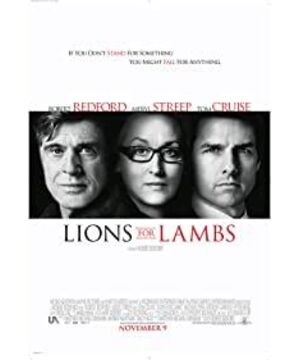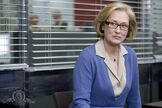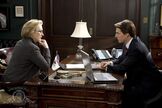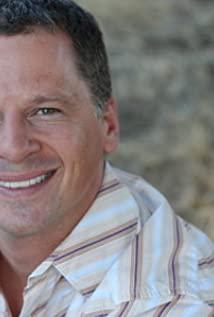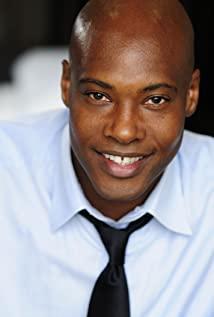With social development and technological progress, the privatization of mass media has come, especially since the mid-1980s, many Western countries have reorganized or auctioned state-owned media companies (groups). The privatization of the media has contributed to the transformation of the media to commercialization. In the mid-to-late 1990s, the dominant position of public broadcasting in many countries in Western Europe and the Americas was broken, and "the media realized the dominance of the political system under the background of commercialization." On the other hand, technological power has led to the rapid expansion of information channels, especially the Internet and mobile phone communications, which has greatly broken the barriers of information release and reception. Monopoly capital and transparent channels squeeze the so-called "fourth power" from both ends. The former "uncrowned king" now looks more like a "monkey king" wearing a golden hoop.
In a movie released in North America in November, Lions for Lambs ("Lions into the Mouth of the Sheep"), Meryl Streep showed us the struggles of today's journalists under the "curse".
In the film, a new round of elections is about to begin, while the United States is still trapped in the battlefields of Afghanistan. The ambitious Republican Senator Jasper Irwin (Tom Cruise) invited TV reporter Janine Rose (Meryl Streep) to conduct an exclusive interview to discuss US military operations and recent government The military strategy launched, hoping to use the power of the media to add bargaining chips to their elections. However, Janine Rose, a leftist reporter with more than 40 years of interview experience, has constantly raised questions and sharp questions about this "strategy". However, Senator Jasper’s answer is quite firm. It is to trust the government. The government has sufficient reasons. The government needs to continue fighting this war on terrorism. The only thing that is needed now is the support of the people. Where does the support of the people come from? Of course the media is needed.
Based on her interview experience, Zhenlin believes that this will not be a successful strategy, and that this is a piece of news that cannot be verified, just like the news provided by the government in the past. She insisted not to publish this news and had a heated argument with her boss. She asked her colleague what happened to the journalism principles she insisted on in the past? And her colleague also questioned her, is it wrong to report truthfully what the other party said?
Isn't it right? This kind of "right and wrong" question once again troubled reporters, extending from business norms to professionalism.
"Isn't the media working with the government to promote this six-year war?" the Senate asked the reporter with confidence. Indeed, after 9/11, the Bush administration has strengthened information control that is not conducive to "anti-terrorism," and the US media has also "shared hatred and hatred" on the side of the government. On the one hand, the White House, the State Council, the Pentagon and other departments frequently organize press conferences to guide the media to report according to the government's caliber; on the other hand, the media actively avoid voices that are considered "unpatriotic." Only six years later, more and more falsehoods or errors in the information were exposed, and the information provided by the government, the government intentionally or unintentionally quoted a lot of wrong intelligence.
When the real authority exerts a coercive effect on journalists (media) labeled as the "fourth power", despite our efforts to rationalize this power, the "human nature" in politics is still irrational. As a "public tool" media, whose "public tool" should it be? The country deceives the people, but it is often reporters (media) caught in the middle.
The reality is not just such a simple choice. When culture is pushed onto the assembly line like an industry, reporters are nothing more than a screw. They work hard to maintain the operation of the "assembly line." Any resistance may result in replacement. This kind of replacement, regardless of its significance to individuals, is of little importance to the huge industrial system. Just like Zhenlin in the movie, facing the condition of her boss: want this job, or leave to stick to the principle. She chose the former because she needs this job to support her family. For reporters, professional self-discipline has become a pursuit, even a luxury, rather than a basic need in the real environment.
Political power and commercial interests may at any time infringe on the "fourth power" of the news media. News reporters even have the right to speak in the hands of others. This reminds me of a movie from a long time ago-"Borderless Zone". Dennis Tanovic’s small production film once caused a stir in the western film scene. In the film Tanovic made a satirical description of the power of the media: the life of the warring soldier became just a suspense to ensure that hundreds of millions of TV viewers "keep watching"-TV makes war a business culture, international humanitarianism Caring becomes a selling point, transforming into entertainment.
The same situation was revealed in Lions for Lambs. TV stations that insist on serious news were acquired by commercial media organizations. Serious news accounts for less and less time on TV. TV screens are full of young blonde broadcasters. The US military in Afghanistan is far behind. Every move of an entertainment star. Everything that seems unthinkable has actually happened in reality.
Even though Monkey King has a great rod, but when the curse starts (this example may not be appropriate, but the pressure is similar to the reporter's situation), he has to hold his head and struggle, but he can still choose to hide in the flower. Guoshan, as his monkey king, is all alone, but we have nowhere to escape. I remember that there is a book called "Say or Don't Tell", the name is very meaningful. And we often just say: if we talk too much, we just say it; if we are too tired, we don't want to say it anymore.
View more about Lions for Lambs reviews


